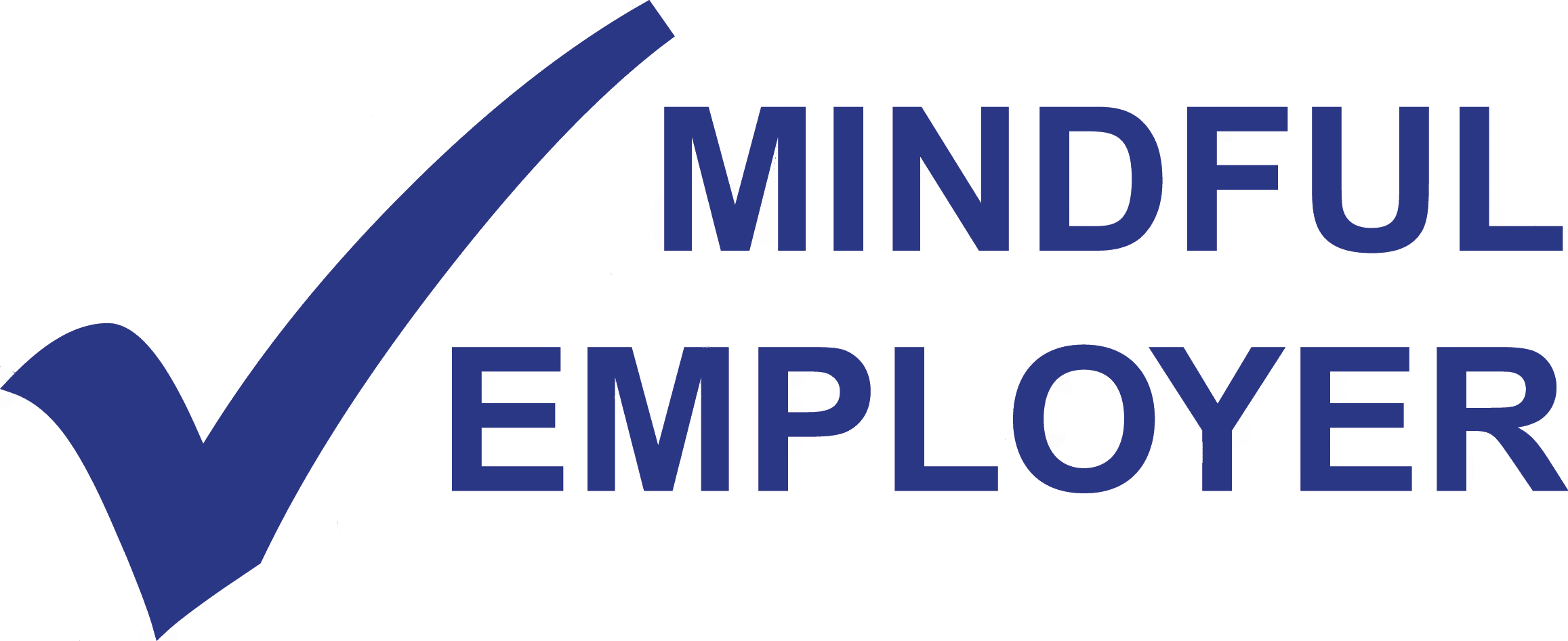Risks are part of running any business. An important area of risk is around employee health. Such risks can potentially have a major impact, whether from ill health or from litigation, both civil and criminal.
Occupational Health Physicians are able to help an employer significantly reduce the risks and thus assist with optimising
productivity whilst reducing costs related to health.
How can they do this?
By minimising the impacts of health risks to the business:
- Identifying the legacy of impairment/disease in new employees and establishing at employment the ‘baseline’ of health.
- Ensuring employers are aware of adjustments required to comply with the Disability Discrimination Act.
- Identifying work-related disease at the earliest point, to facilitate early intervention and treatment, enable cost containment and avoid legal challenge.
- Advising on preventing/minimising work-related illness.
- Complying with health surveillance, and, where required, advising on statutory reporting of work-related disease.
- Assessing fitness for work during and after illness/disease onset – recommending adjustments and restrictions (mostly temporary) to reduce absence costs
- Training managers to manage attendance, prevent /mitigate physical or mental illness, including stress.
What is different about Occupational Health Physicians?
- OHP’s have had further training in occupational medicine.
- Some doctors, for example GP’s, will have had some very basic training. But occupational medicine is not their main speciality and they would have to consult specialists.
- Specialists in occupational medicine will have had in-depth training and experience in occupational medicine and will be judged to be ‘fully knowledgeable in occupational medicine theory, practice and delivery’. They will be members or Fellows of the Faculty of Occupational Medicine and will have the letters MFOM or FFOM after their name.
- Certain tasks in the workplace need addressing. The task could be about the medical assessment of people starting work or returning to work, or possibly leaving work. You need to be clear about not just the medical assessment but also the legal situation. Suitably qualified and experienced Occupational Health Physicians can bring a wealth of practical knowledge of the broader context in which such medical assessments take place, as well as the experience to assess fitness for work.
- Occupational physicians will be familiar with risk assessment for health risks in the workplace and with the introduction of necessary controls. They will be especially experienced in such things as health and medical surveillance of workers, and maintaining health and surveillance records.
As Occupational Health providers, we help ensure that you and your employees are compliant with our health surveillance and safety critical medicals.
Call us today and take the first step to a safer work environment.




